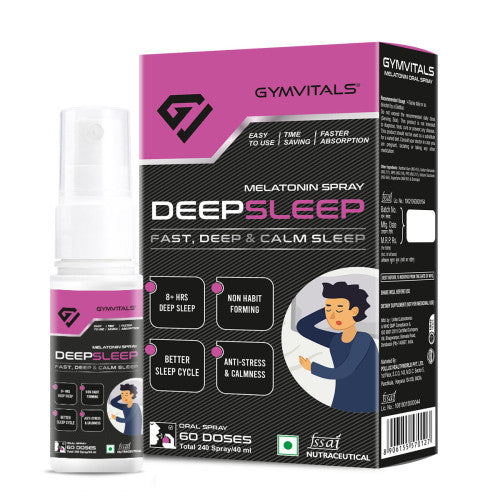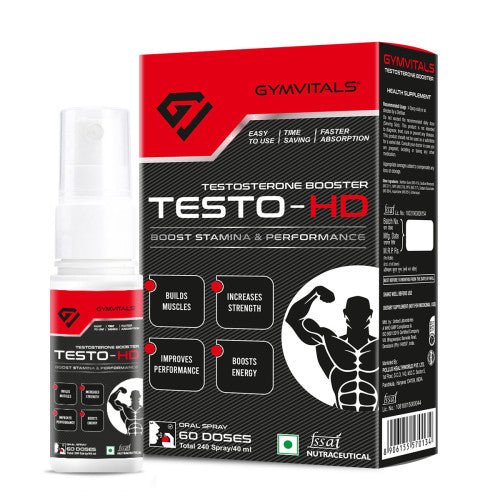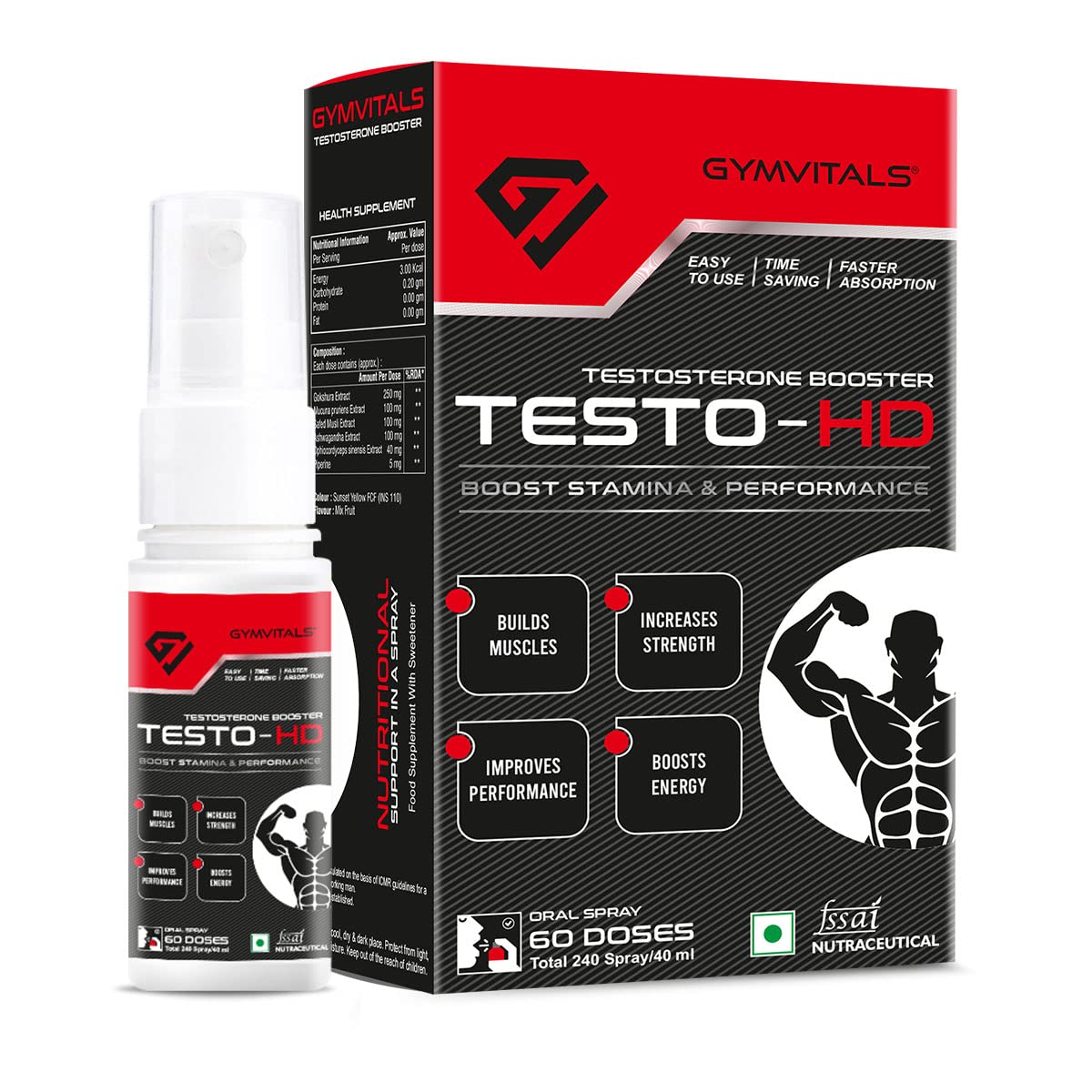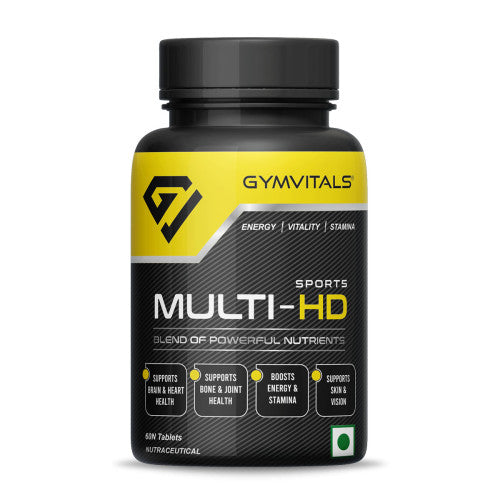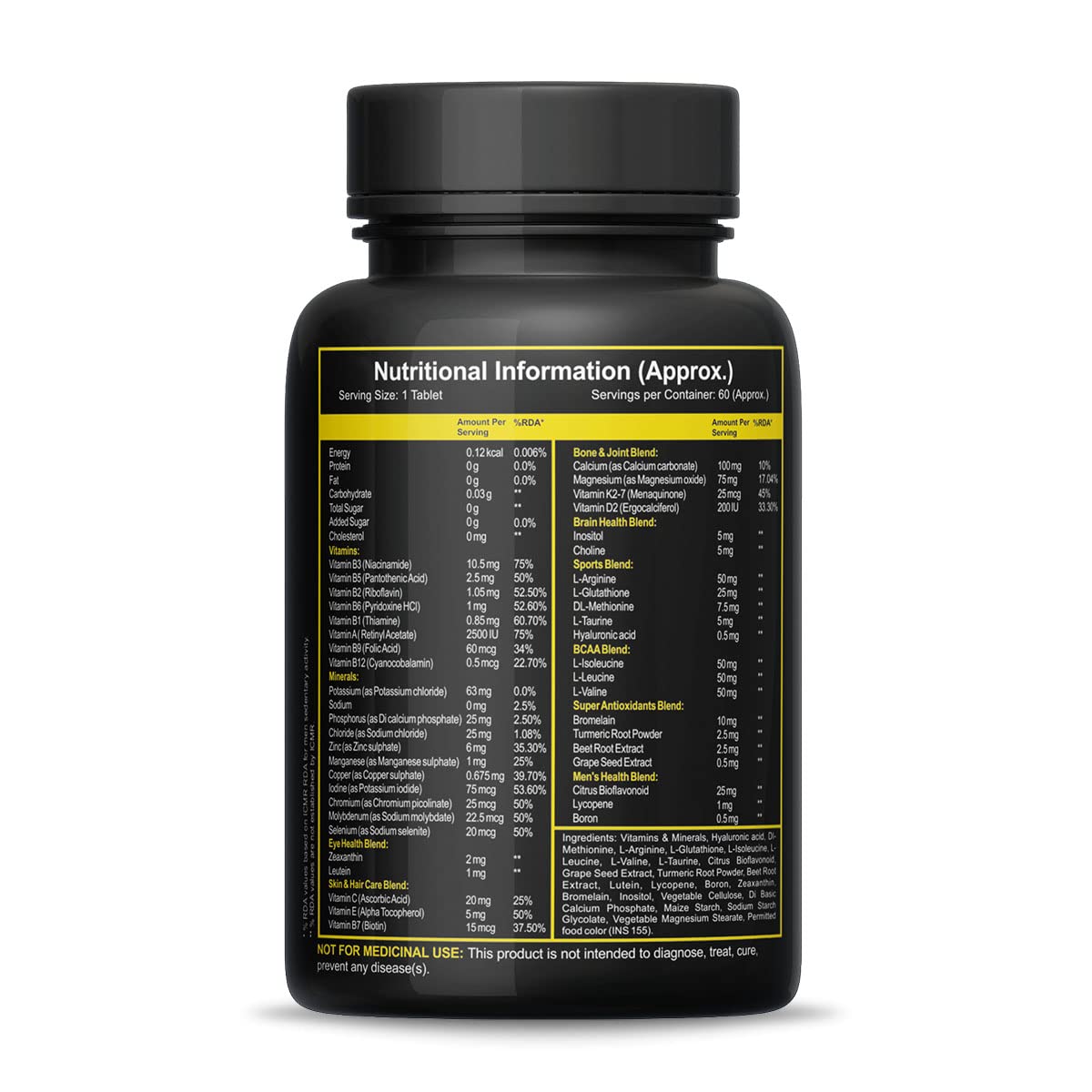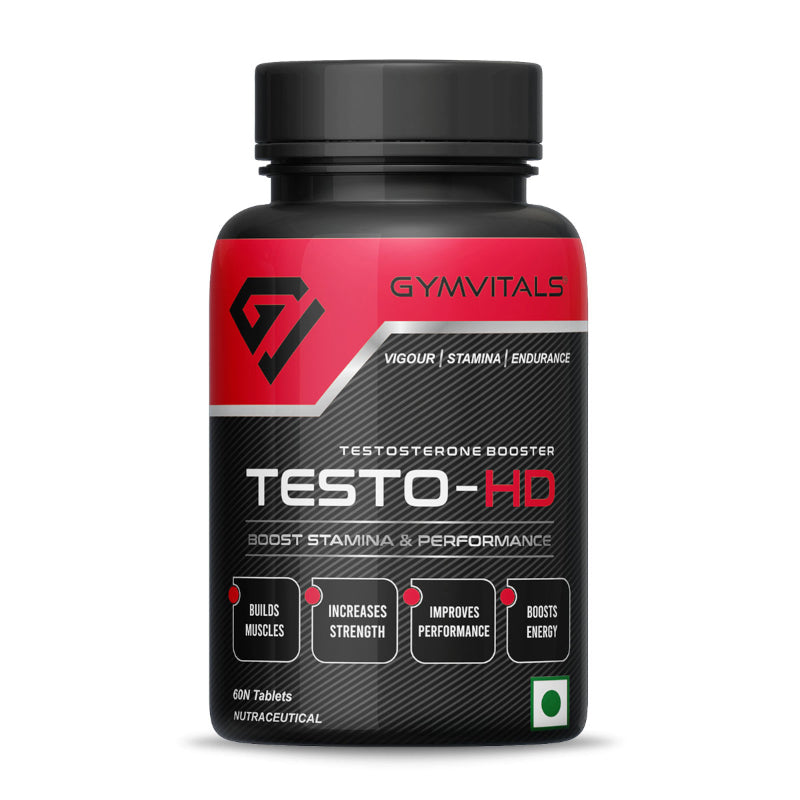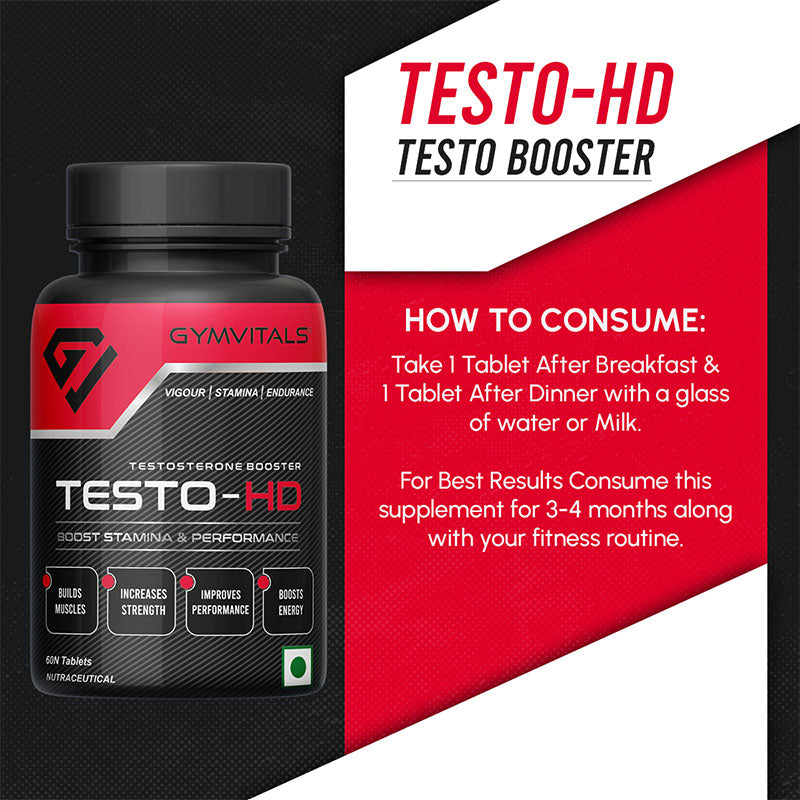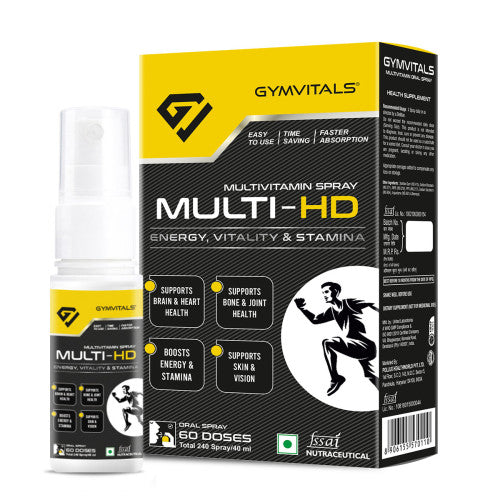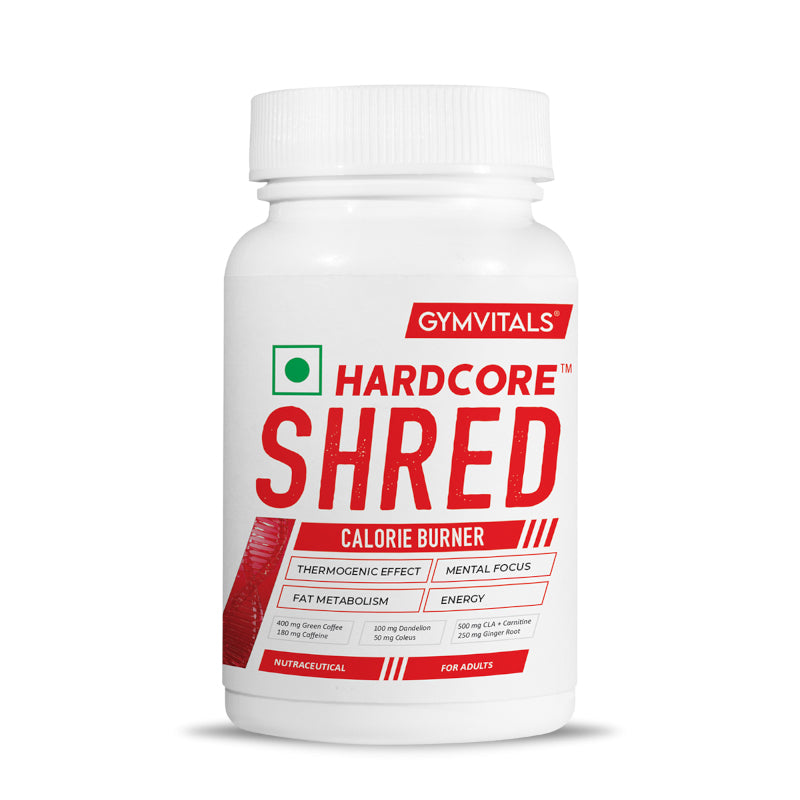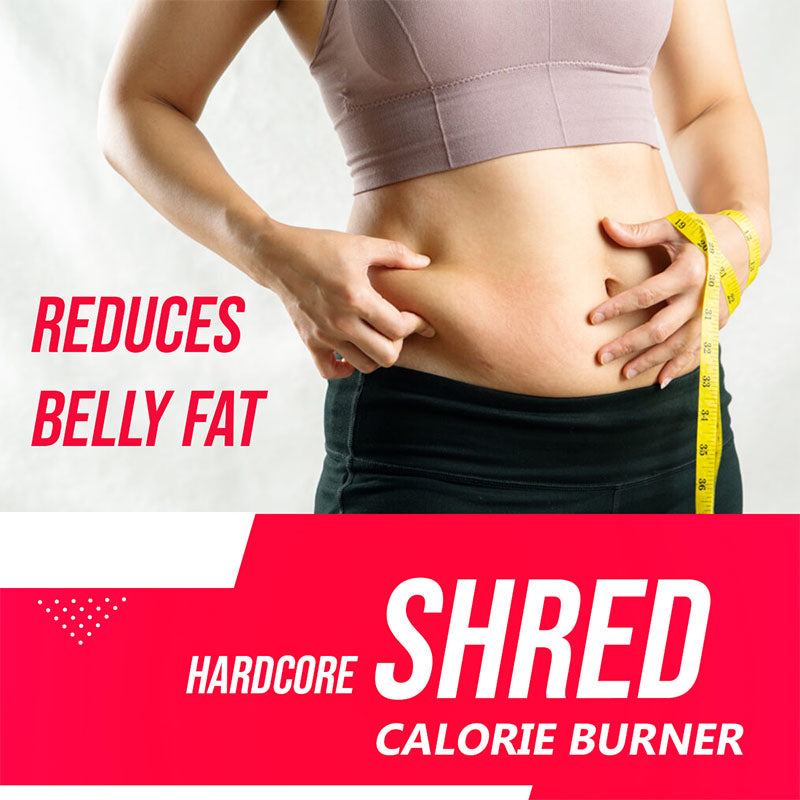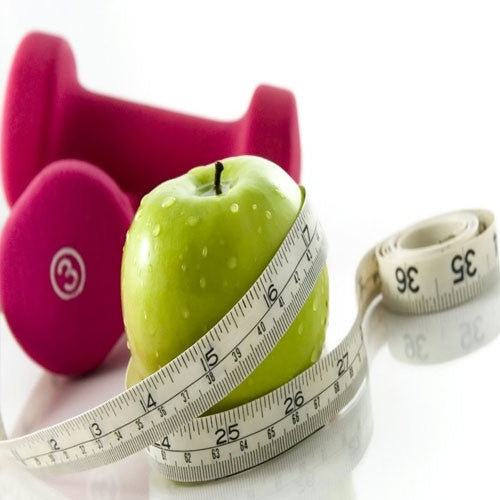A healthy diet is one that helps maintain or improve overall health. A healthy diet provides the body with essential nutrition: fluid, macronutrients, micronutrients, and adequate food energy.
A healthy diet may contain fruits, vegetables, and whole grains, and may include little to no processed food or sweetened beverages. The requirements for a healthy diet can be met from a variety of plant-based and animal-based foods, although a non-animal source of vitamin B12 is needed for those following a vegan diet. Various nutrition guides are published by medical and governmental institutions to educate individuals on what they should be eating to be healthy. Nutrition facts labels are also mandatory in some countries to allow consumers to choose between foods based on the components relevant to health.
A balanced diet is a diet that contains differing kinds of foods in certain quantities and proportions so that the requirement for calories, proteins, minerals, vitamins, and alternative nutrients is adequate and a small provision is reserved for additional nutrients to endure the short length of leanness. In addition, a balanced diet ought to offer bioactive phytochemicals like dietary fiber, antioxidants, and nutraceuticals that have positive health advantages. A balanced diet should offer around 60-70% of total calories from carbohydrates, 10-12% from proteins, and 20-25% of total calories from fat.
HEALTH BENEFITS OF A BALANCED DIET
-
Healthy eating increases energy, improves the way your body functions, strengthens your immune system and prevents weight gain. The other major benefits are:
-
Meets your nutritional need. A varied, balanced diet provides the nutrients you need to avoid nutritional deficiencies.
-
Prevent and treat certain diseases. Healthful eating can prevent the risk of developing certain diseases such as diabetes, cancer, and heart disease. It is also helpful in treating diabetes and high blood pressure.
-
Following a special diet can reduce symptoms, and may help you better manage an illness or condition.
-
Feel energetic and manage your weight. A healthy diet will assist you to feel higher, provide you with more energy, and help you fight stress.
-
Food is the mainstay of many social and cultural events. Apart from nutrition properties, it helps facilitate connections between individuals.
The World Health Organization (WHO) makes the following five recommendations with respect to both populations and individuals:
- Maintain a healthy weight by eating roughly the same number of calories that your body is using.
- Limit intake of fats. Not more than 30% of the total calories should come from fats. Prefer unsaturated fats to saturated fats. Avoid trans fats.
- Eat at least 400 grams of fruits and vegetables per day (potatoes, sweet potatoes, cassava, and other starchy roots do not count). A healthy diet also contains legumes (e.g. lentils, beans), whole grains and nuts.
- Limit the intake of simple sugars to less than 10% of calories (below 5% of calories or 25 grams maybe even better).
- Limit salt/sodium from all sources and ensure that salt is iodized. Less than 5 grams of salt per day can reduce the risk of cardiovascular disease.
The WHO has stated that insufficient vegetables and fruit are the cause of 2.8% of deaths worldwide.
Other WHO recommendations include:
- ensuring that the foods are chosen have sufficient vitamins and certain minerals;
- avoiding directly poisonous (e.g. heavy metals) and carcinogenic (e.g. benzene) substances;
- avoiding foods contaminated by human pathogens (e.g. E. coli, tapeworm eggs);
- and replacing saturated fats with polyunsaturated fats in the diet, which can reduce the risk of coronary artery disease and diabetes.
The Nutrition Source of Harvard School of Public Health makes the following 10 recommendations for a healthy diet:
- Choose good carbohydrates: whole grains (the less processed the better), vegetables, fruits, and beans. Avoid white bread, white rice, and the like as well as pastries, sugared sodas, and other highly processed food.
- Pay attention to the protein package: good choices include fish, poultry, nuts, and beans. Try to avoid red meat.
- Choose foods containing healthy fats. Plant oils, nuts, and fish are the best choices. Limit consumption of saturated fats, and avoid foods with trans fat.
- Choose a fiber-filled diet that includes whole grains, vegetables, and fruits.
- Eat more vegetables and fruits—the more colorful and varied, the better.
- Include adequate amounts of calcium in the diet; however, milk is not the best or the only source. Good sources of calcium are collards, bok choy, fortified soy milk, baked beans, and supplements containing calcium and vitamin D.
- Prefer water over other beverages. Avoid sugary drinks, and limit intake of juices and milk. Coffee, tea, artificially-sweetened drinks, 100% fruit juices, low-fat milk, and alcohol can fit into a healthy diet but are best consumed in moderation. Sports drinks are recommended only for people who exercise more than an hour at a stretch to replace substances lost in sweat.
- Limit salt intake. Choose more fresh foods, instead of processed ones.
- Drink alcohol in moderation. Doing so has health benefits, but is not recommended for everyone.
- Consider intake of daily multivitamins and extra vitamin D, as these have potential health benefits.
Other than nutrition, the guide recommends frequent physical exercise and maintaining a healthy body weight.
About calories: The number of calories in food refers to the amount of energy stored in that food. Your body uses calories from food for walking, thinking, breathing, and other important functions. The average person needs about 2,000 calories every day to maintain their weight, but the amount will depend on their age, sex, and physical activity level. Males tend to need more calories than females, and people who exercise need more calories than people who don’t.
Below is the List of the following calorie intakes for males and females of different ages:
|
Person
|
Calorie requirements
|
|
Sedentary children: 2–8 years
|
1,000–1,400
|
|
Active children: 2–8 years
|
1,000–2,000
|
|
Females: 9–13 years
|
1,400–2,200
|
|
Males: 9–13 years
|
1,600–2,600
|
|
Active females: 14–30 years
|
2,400
|
|
Sedentary females: 14–30 years
|
1,800–2,000
|
|
Active males: 14–30 years
|
2,800–3,200
|
|
Sedentary males: 14–30 years
|
2,000–2,600
|
|
Active people: 30 years and over
|
2,000–3,000
|
|
Sedentary people: 30 years and over
|
1,600–2,400
|
The source of your daily calories is also important. Foods that provide mainly calories and very little nutrition are known as “empty calories.”
Examples of foods that provide empty calories include:
- cakes, cookies, and donuts
- processed meats
- energy drinks and sodas
- fruit drinks with added sugar
- ice cream
- chips and fries
- pizza
- sodas
However, it’s not only the type of food but the ingredients that make it nutritious. A homemade pizza with a wholemeal base and plenty of fresh veggies on top may be a healthy choice. In contrast, premade pizzas and other highly processed foods often contain empty calories. To maintain good health, limit your consumption of empty calories and instead try to get your calories from foods that are rich in other nutrients.
Here are some healthy items to add to your list:
-
Vegetables: Greens, cauliflower, herbs, carrots, peppers, garlic, eggplant
-
Fruits: Apples, strawberries, mango, papaya, banana, grapes
-
Frozen produce: Mixed vegetables and frozen fruits
-
Grains: Oats, millet, quinoa, whole-grain bread, brown rice
-
Legumes: Lentils, pulses, beans
-
Nuts: Almonds, pistachios, cashews
-
Seeds: Sunflower seeds, pumpkin seeds, lotus seeds
-
Dairy: Milk, unsweetened yogurt, unsweetened kefir, cheeses, curd
-
Condiments: Sea salt, pepper, turmeric, ginger, paprika, cinnamon
-
Starchy vegetables: Potatoes, sweet potatoes, parsnip, pumpkin, corn
-
Proteins: Tofu, dairy products, legumes, hummus
-
Healthy fats: Olive oil, unsweetened coconut, coconut oil, ghee, sesame oil, avocado, peanut butter
-
Beverages: Green tea, coffee, sparkling water, Darjeeling tea
friendly snack ideas:
- A small handful of nuts
- Sliced fruit with unsweetened yogurt
- Vegetable chaat
- Sprout salad
- Roasted pumpkin seeds
- Sliced fruit with nuts or nut butter
- Roasted chickpeas (channa)
- Hummus with vegetables
- Bean salad
- Salted popcorn
- Unsweetened kefir
- Homemade trail mix
- Fennel seeds
- Fresh fruit with cheese
- Broth-based vegetable soup
A Healthy Indian Sample Menu for One Week
Below is a healthy one-week Indian sample menu that focuses on fresh, nutritious food. You can adjust it according to your calorie needs, dietary restrictions, and food preferences.
Monday
-
Breakfast: Sambar with brown rice idli
-
Lunch: Whole-grain roti with mixed-vegetable curry
-
Dinner: Tofu curry with mixed vegetables and a fresh spinach salad
Tuesday
-
Breakfast: Chana dal pancakes with mixed vegetables and a glass of milk
-
Lunch: Chickpea curry with brown rice
-
Dinner: Khichdi with sprout salad
Wednesday
-
Breakfast: Apple cinnamon porridge made with milk and topped with sliced almonds
-
Lunch: Whole-grain roti with tofu and mixed vegetables
-
Dinner: Palak paneer with brown rice and vegetables
Thursday
-
Breakfast: Yogurt with sliced fruits and sunflower seeds
-
Lunch: Whole-grain roti with vegetable subji
-
Dinner: Chana masala with basmati rice and green salad
Friday
-
Breakfast: Vegetable dalia and a glass of milk
-
Lunch: Vegetable sambar with brown rice
-
Dinner: Tofu curry with potato and mixed vegetables
Saturday
-
Breakfast: Multigrain parathas with avocado and sliced papaya
-
Lunch: Large salad with rajma curry and quinoa
-
Dinner: Lentil pancakes with tofu tikka masala
Sunday
-
Breakfast: Buckwheat porridge with sliced mango
-
Lunch: Vegetable soup with whole-grain roti
-
Dinner: Masala-baked tofu with vegetable curry
Drinking water, seltzer or unsweetened tea with and between meals will keep you hydrated without adding extra calories. Make sure to consume plenty of non-starchy vegetables at every meal, as well as sources of healthy fat and protein. This will keep you feeling full throughout the day and reduce the chances of overeating.
Unhealthy Foods to Avoid
Choosing foods and beverages that are highly processed, loaded with sugar or high in calories can sabotage your weight loss efforts. Not only are items like candy, fried foods, and soda not good for weight loss — they aren’t good for overall health. Eating too much-processed food and products laden with sweeteners can increase the risk of chronic diseases. For example, drinking sugar-sweetened beverages like soda, fruit punch, and juices every day has been associated with increased risks of diabetes, obesity, and heart disease. Plus, consuming unhealthy foods can make it harder for you to lose fat and maintain a healthy weight.
For optimal health, minimize the following foods or avoid them altogether:
-
Sweetened beverages: Soda, fruit juice, sweetened tea, sweet lassi, sports drinks
-
High-sugar foods: Candy, ice cream, cookies, rice pudding, pastries, cakes, sweetened yogurt, high-sugar cereals, digestive biscuits
-
Sweeteners: Jaggery, sugar, honey, condensed milk
-
Sweetened sauces: Salad dressings with added sugar, ketchup, barbecue sauce, sweetened curries
-
High-fat foods: Fast food like McDonald’s, french fries, chips, fried foods, bhujia
-
Refined grains: Products including white bread, white pasta, biscuits
-
Trans fats: Margarine, vanaspati, fast food, highly processed foods
-
Refined oils: Canola oil, soybean oil, corn oil, grapeseed oil
Although it’s perfectly fine to enjoy an occasional treat, limiting the foods and beverages listed above is best for overall health.
Healthy Foods to Eat
There are many delicious foods and beverages to choose from when following a lacto-vegetarian diet for weight loss.
What to Eat
Try incorporating the following ingredients into your daily meal plan:
-
Vegetables: Tomatoes, spinach, eggplant, mustard greens, okra, onions, bitter melon, cauliflower, mushrooms, cabbage, and more
-
Fruits: Including mango, papaya, pomegranate, guava, oranges, tamarind, lychee, apples, melon, pears, plums, bananas
-
Nuts and seeds: Cashews, almonds, peanuts, pistachios, pumpkin seeds, sesame seeds, watermelon seeds, and more
-
Legumes: Mung beans, black-eyed peas, kidney beans, lentils, pulses, and chickpeas
-
Roots and tubers: Potatoes, carrots, sweet potatoes, turnips, yams
-
Whole grains: Brown rice, basmati rice, millet, buckwheat, quinoa, barley, corn, whole-grain bread, amaranth, sorghum
-
Dairy: Cheese, yogurt, milk, kefir, ghee
-
Herbs and spices: Garlic, ginger, cardamom, cumin, coriander, garam masala, paprika, turmeric, black pepper, fenugreek, basil, and more
-
Healthy fats: Coconut milk, full-fat dairy, avocado, coconut oil, mustard oil, olive oil, peanut oil, sesame oil, ghee
-
Protein sources: Tofu, legumes, dairy, nuts, and seeds
Meals and snacks should focus on fresh, whole foods flavored with herbs and spices. Additionally, adding non-starchy vegetables like greens, eggplants, or tomatoes to your meals will provide a boost of fiber that can help you feel satisfied for a longer period of time after eating.
What to Drink
An easy way to cut back on excess calories and sugar is to avoid sugar-sweetened beverages and juices. These drinks can be high in both calories and sugar, which can negatively affect weight loss.
Healthy beverage options include:
- Water
- Sparkling water
- Unsweetened tea including Darjeeling, Assam, and Nilgiri teas








